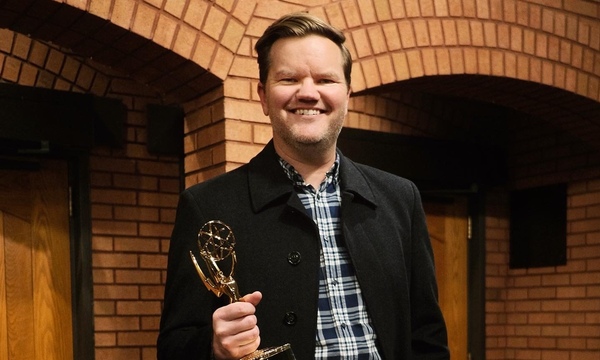LA MIRADA, CALIF. — In response to declining enrollment in its courses, Biola University has decided to close the B.A. in Intercultural Studies (ICS) effective immediately. In addition, the master’s and doctoral programs housed in the Cook School of Intercultural Studies will be moved under the Talbot School of Theology effective Fall 2024.
“The Cook School of Intercultural Studies has experienced a long-standing and severe decline in enrollment. With escalating costs and downward trends in financial and enrollment data, the administration had to make the difficult decision to close the program,” said Dr. Matthew J. Hall, provost and senior vice president. “In spite of this decision, Biola remains committed to training students to impact the world for Christ through all the disciplines, which includes an understanding of intercultural engagement.”
These decisions come after a thorough review of undergraduate and graduate programs under Cook, following the announcement made in May of the closure of the Cook School at the end of the 2023-2024 academic year. This review process involved program reviews conducted by the undergraduate and graduate chairs in the Cook School, as well as further financial and enrollment analysis led by senior leadership of the academic administration.
“These decisions were not made lightly, and we understand the impact they have on our faculty, staff, and, most importantly, our students,” said Hall. “We remain committed to supporting all members of the affected programs throughout this transition.”
At the conclusion of this academic year, the 15 students who are enrolled in the intercultural studies program will enter a teach-out phase, where they will have the opportunity to complete their degree via the teach-out plan. Biola is committed to providing the necessary support for the students in this situation as they finish their time at Biola. The decision will also impact the undergraduate full-time faculty as they finish out the 2023-2024 academic year in their full-time roles.
In addition, at the conclusion of this academic year, Biola will be moving the four graduate programs within the Cook School — the M.A. in Intercultural Studies and three doctoral programs — to Talbot School of Theology and integrating them into a new and more cohesive curriculum and administrative structure. Graduate Cook faculty will transition to be under the leadership of Dr. Ed Stetzer starting in Fall 2024. Stetzer, who recently joined Biola as the dean of Talbot, will lead this effort in consultation with the provost.
“We anticipate that this move will revitalize, enrich and expand the graduate programs, and we believe that the greatest days for these programs are ahead of us. We’re committed to advancing Biola’s impact in intercultural studies and missiology, not retreating. These decisions present us with a strategic opportunity toward that aim,” said Hall.
Ideas about how to preserve and honor the legacy and name of Clyde and Anna Belle Cook are still under discussion.
Please email internal.communications@biola.edu with questions about the closure of the B.A. in Intercultural Studies or the relocation of the Cook graduate programs. Please email media.relations@biola.edu for media interviews.
 Biola University
Biola University

.jpg)

.jpg)